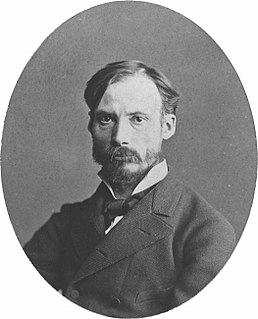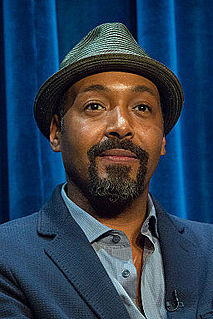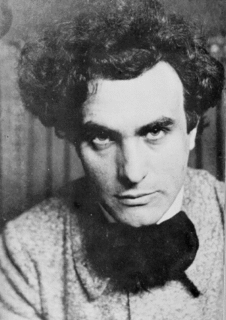A Quote by Robert Frost
Any work of art must first of all tell a story.
Related Quotes
But I am not sure it would contain any short stories. For the short story is a minor art, and it must content itself with moving, exciting and amusing the reader. ...I do not think that there is any (short story) that will give the reader that thrill, that rapture, that fruitful energy which great art can produce.
The art is more important than the artist. The work is more important than the person who does it. You must be prepared to sacrifice all the you could possibly have, be, or do; you must be willing to go all the way for your art. If it is a question between choosing between your life and a work of art -- any work of art -- your decision is made for you.
If you gauge how you're doing on whether somebody is responding vocally or not, you're up a creek. You can't do that; you kind of have to be inside of your work and play the scene. And tell the story every day. Tell the story. Tell the story. Regardless of how people are responding, I'm going to tell the story.
When I make film music, I'm a filmmaker first and foremost. It's about serving the needs of the film. You're telling a story; in a way, you stop becoming a composer and become a storyteller instead. You tell the story with the most appropriate themes. How you approach these things is a very personal matter, but your goal is to tell the story first.
Technology adds nothing to art. Two thousand years ago, I could tell you a story, and at any point during the story I could stop, and ask, 'Now do you want the hero to be kidnapped, or not?' But that would, of course, have ruined the story. Part of the experience of being entertained is sitting back and plugging into someone else's vision.
Everything in art depends on execution: the story of a louse can be as beautiful as the story of Alexander. You must write according to your feelings, be sure those feelings are true, and let everything else go hang. When a line is good it ceases to belong to any school. A line of prose must be as immutable as a line of poetry.







































